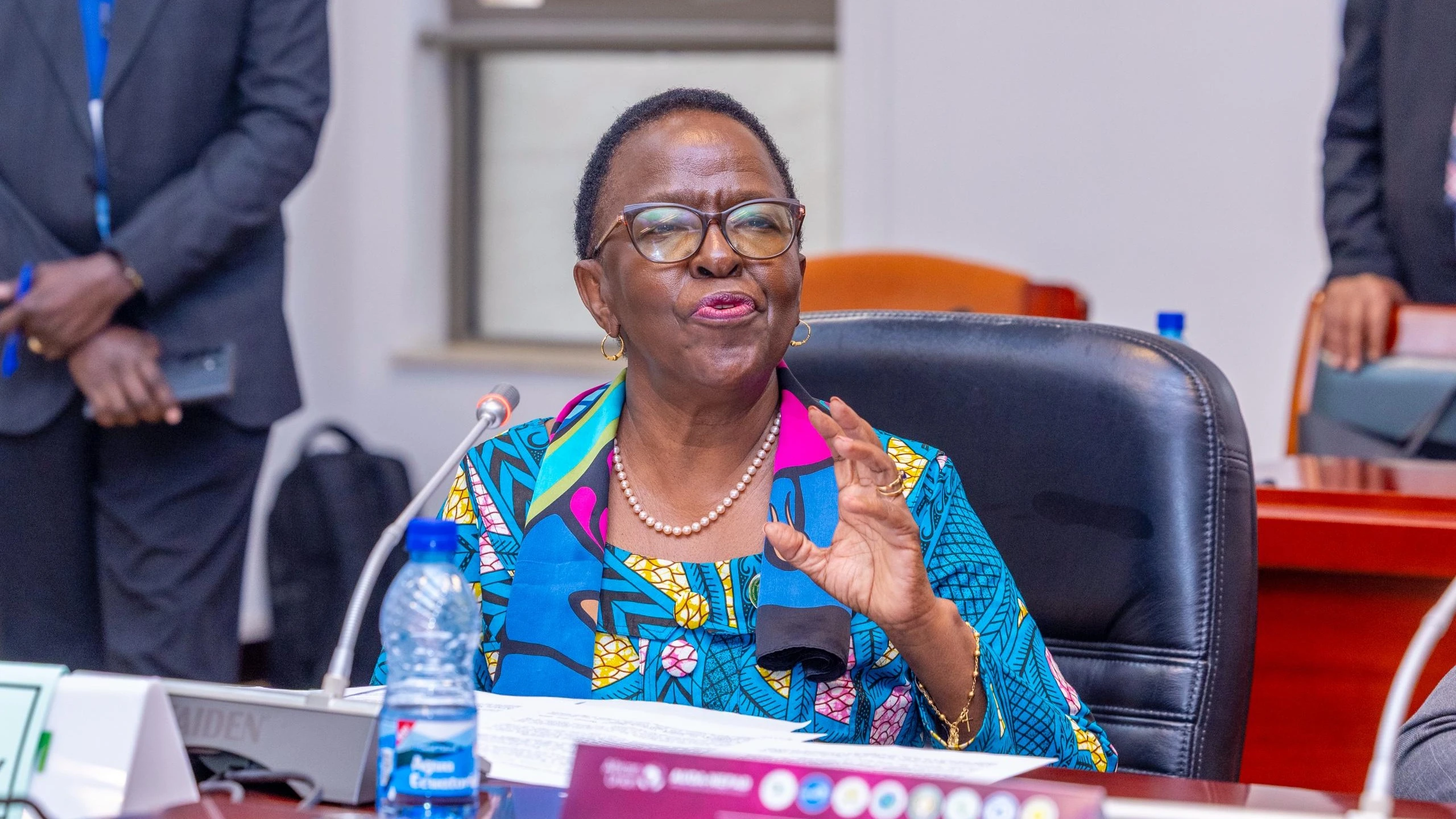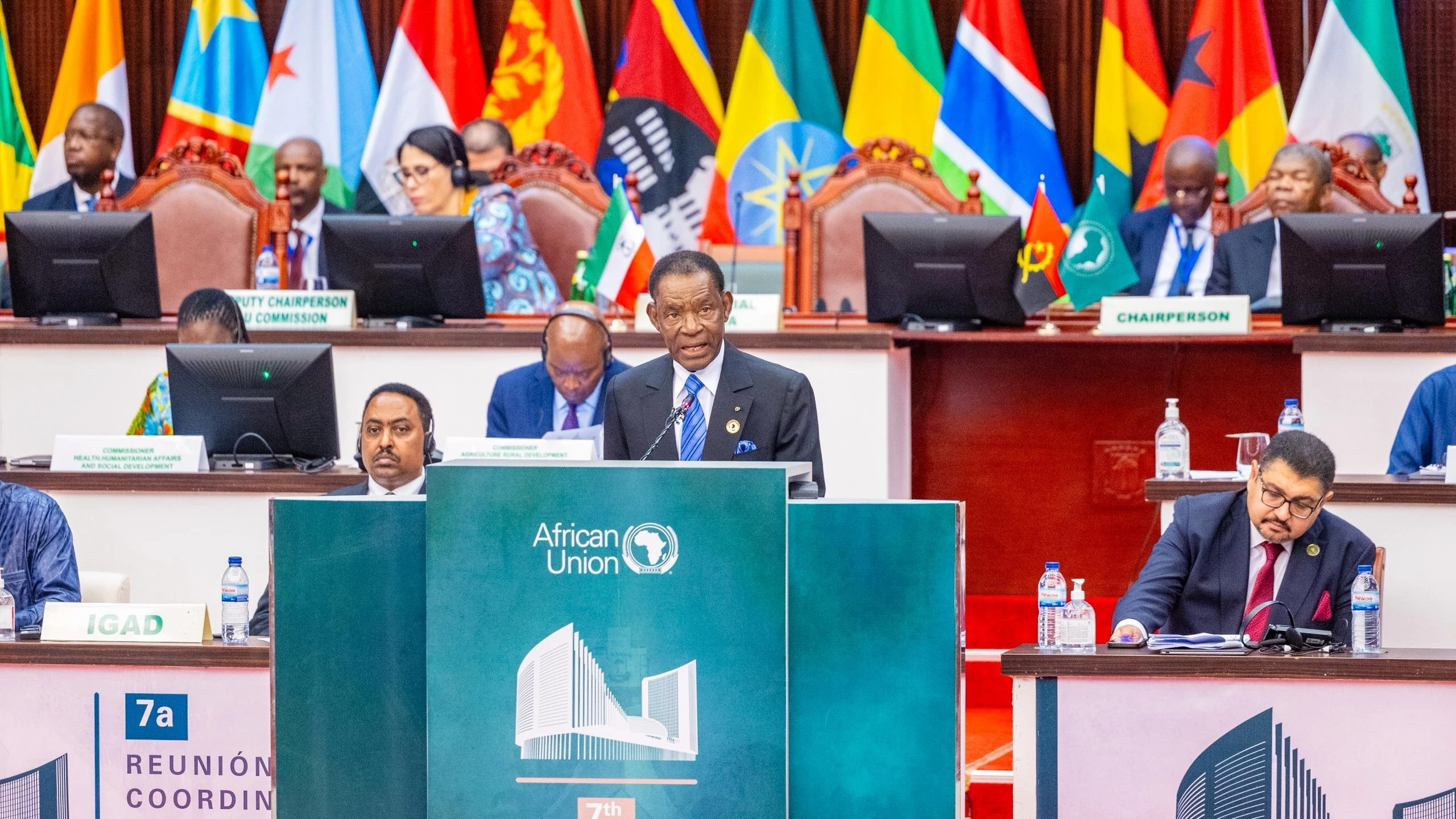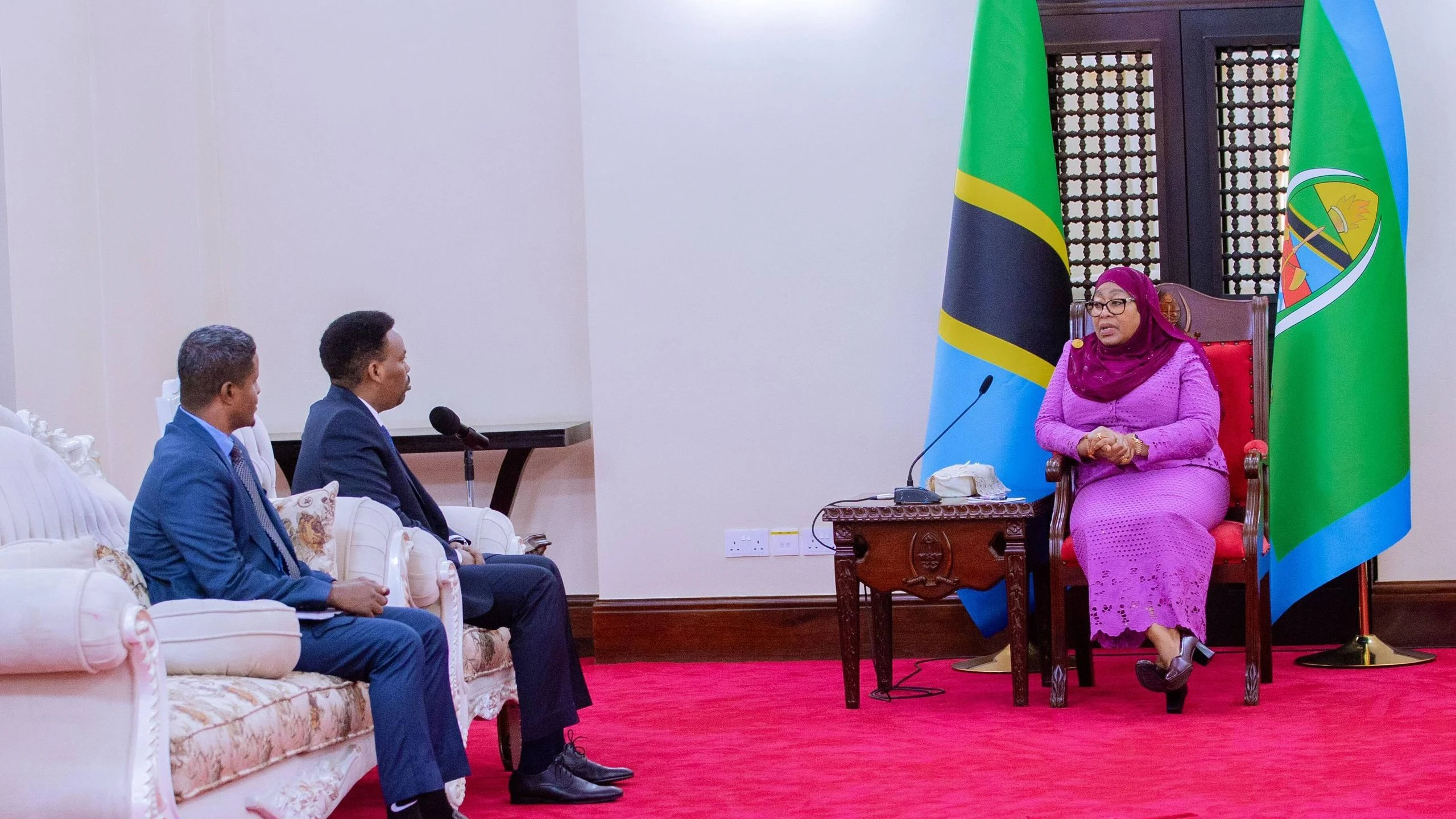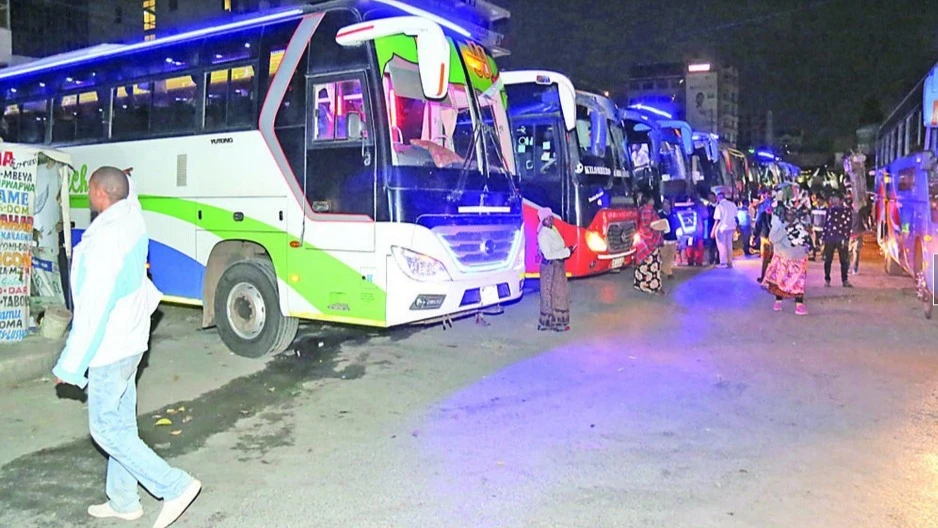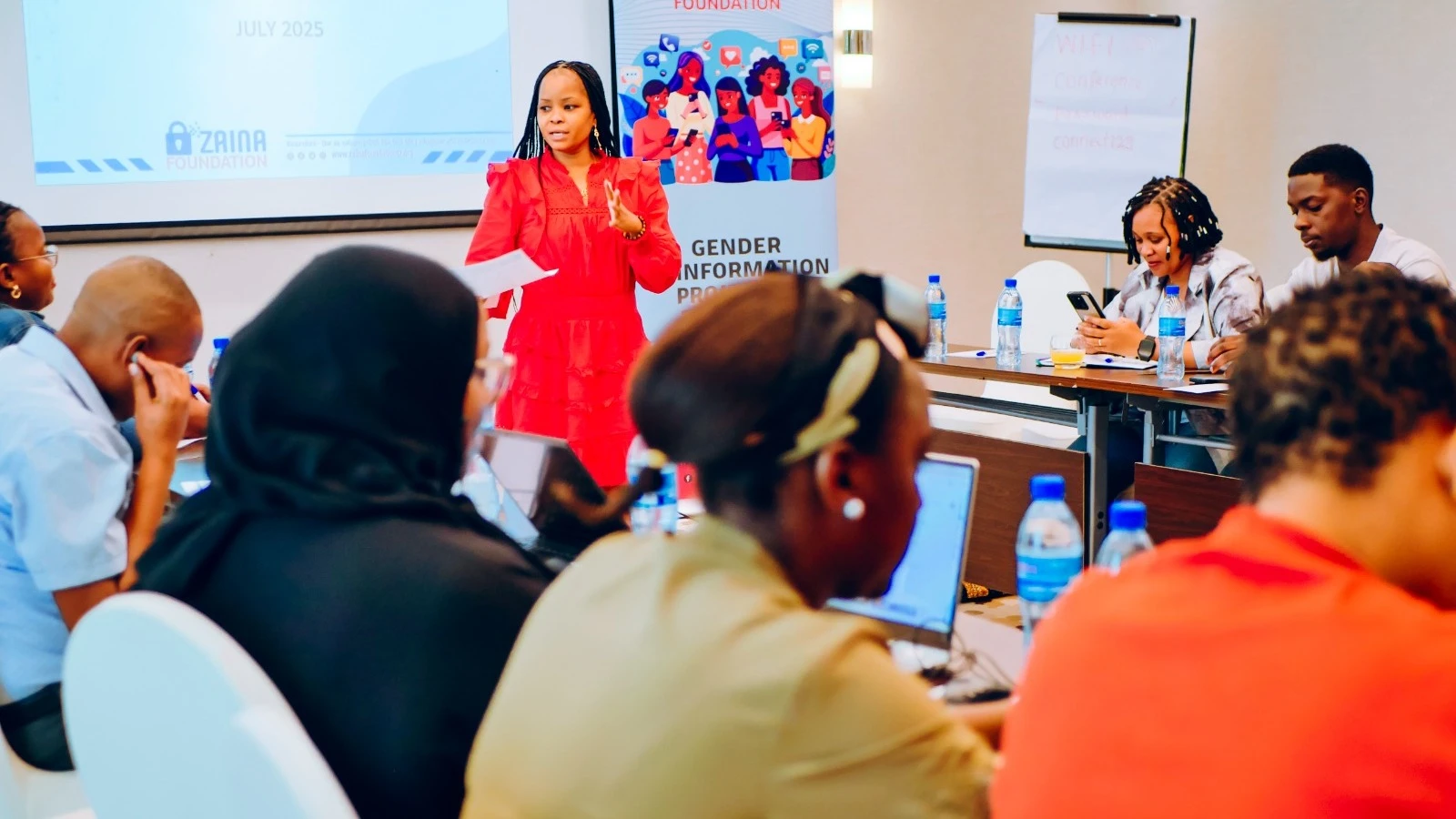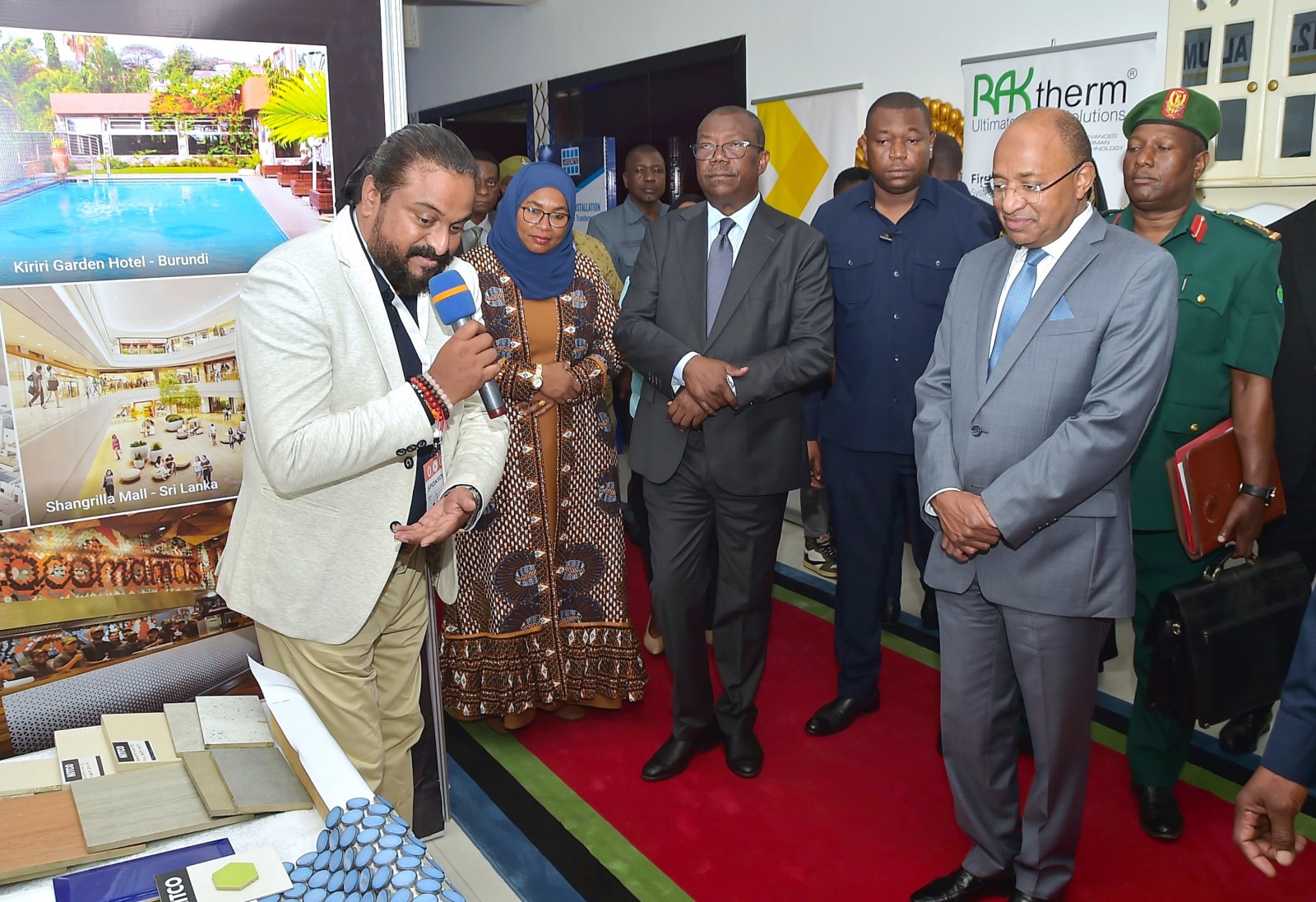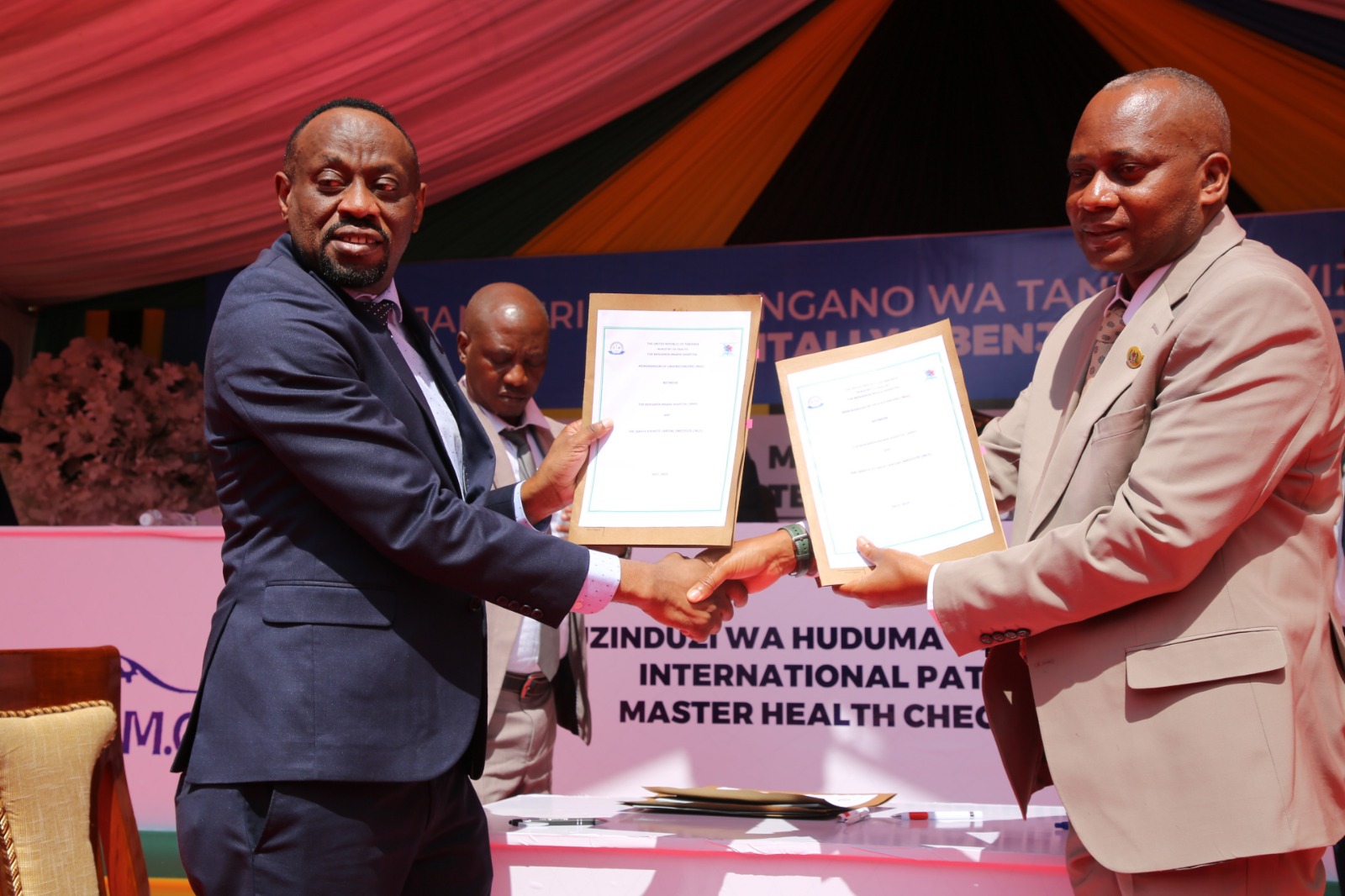Digital ticketing drive: Will LATRA’s new system fix public transport woes?
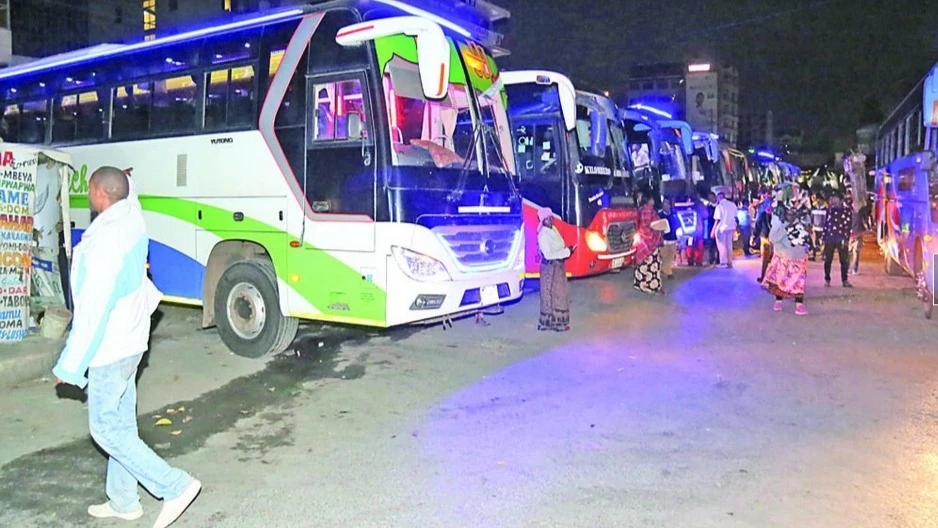
On July 14, 2025, the Tanzania’s Land Transport Regulatory Authority (LATRA) will begin enforcing a nationwide digital ticketing mandate for public transport. All licensed bus operators must adopt LATRA-approved e-ticketing platforms integrated into the government’s unified system, Safari Tiketi.
Announced at the 49th Dar es Salaam International Trade Fair (DITF), this directive marks a major milestone in Tanzania’s digital governance strategy—aiming to boost efficiency, accountability, and passenger convenience.
The initiative supports President Samia Suluhu Hassan’s broader agenda to enhance public service delivery and promote fiscal transparency through digital platforms. According to LATRA Director General CPA Habibu Suluo, operators failing to comply by the deadline will face administrative penalties, including license suspension.
Why the push for e-ticketing?
LATRA’s Safari Tiketi provides a centralized digital platform for booking bus and train tickets in real time. Passengers can secure seats online, receive digital receipts, and pay via mobile money or banking services. For government agencies, the system enables monitoring of passenger volumes, route management, and operator performance with greater accuracy.
During the system’s launch, Prof Godius Kahyarara, Permanent Secretary in the Ministry of Works and Transport, called the transition a pivotal step in national transport reform. He said the new system will promote fair competition, increase revenue collection, and address long-standing operational inefficiencies.
The digital framework also aims to standardize fares, curb unauthorized price hikes, and improve recordkeeping. LATRA officials believe consistent, verifiable data could help operators to access credit and business support services, particularly in long-distance and intercity transport.
LATRA’s timeline and enforcement
As of early July 2025, LATRA had approved three digital ticketing service providers: Otapp Agency Company Limited, Hashtech Tanzania Limited, and Iyishe Company Limited. Other providers are finalizing technical adjustments for approval. LATRA has made it clear that only platforms fully integrated with Safari Tiketi will be legally permitted after enforcement begins.
Under the LATRA Online Ticketing Regulations of 2024, all platforms must comply with Tanzania’s data protection laws and cyber security standards. The goal is to ensure uniformity, security, and seamless operation across the transport sector while safeguarding passenger data.
LATRA has announced routine inspections and spot audits at major bus terminals starting mid-July, working in coordination with the Tanzania Revenue Authority (TRA) and local governments. Passengers are urged to request digital tickets, and operators using unauthorized platforms risk immediate suspension to uphold system integrity and consumer confidence.
On the ground: Transition challenges and adaptation
According to LATRA regional updates and input from sector stakeholders, several bus operators in Dar es Salaam and Morogoro have begun transitioning to the approved platforms.
Larger passenger bus companies, particularly those managing long-distance routes and with in-house IT teams, appear to be adapting more quickly. Some transport stakeholders have observed potential benefits from early adoption, such as fewer ticketing disputes and improved passenger flow management.
As our country advances its digital ticketing agenda, attention is also being given to ensuring that operators of all sizes benefit from the transformation. A March 2025 assessment by the Ministry of Transport highlighted areas where additional technical and financial facilitation could enhance participation by small and mid-sized transport firms.
In line with this, LATRA is exploring public-private partnerships designed to extend digital adoption tools and support services to a broader range of operators, including those serving rural and low-income routes.
Passengers: Positive Trends in Cities, Digital Gaps in Rural Areas
In urban centers such as Dar es Salaam, Mwanza, and Dodoma, passengers have embraced the convenience of digital ticketing. Many now book tickets through apps or vendor websites, avoiding long queues and enjoying clearer pricing structures.
In rural areas, factors such as limited smartphone access, poor internet connectivity, and lower levels of digital literacy may influence the pace of digital ticketing adoption.
According to the 2023 ICT Access and Usage in Households Survey by the Tanzania Communications Regulatory Authority (TCRA), smartphone ownership in rural Tanzania remains below 30%, with internet access even lower.
To enhance accessibility, LATRA has introduced USSD-based ticketing codes and licensed physical ticket agents to serve passengers without smartphones. Some civil society organizations have urged LATRA to expand public education campaigns and establish community-based digital support centers to help ensure equitable access, especially for elderly or digitally inexperienced passengers.
Controlling revenue loss, informal practices
One of LATRA’s main goals is to curb revenue leakages and informal practices in the transport sector. Historically, cash-based ticketing systems have made it difficult to track passenger volumes, creating opportunities for underreporting and tax evasion.
LATRA argues that digitizing ticket transactions will strengthen oversight and increase transparency. Speaking at the DITF, Professor Kahyarara noted that Safari Tiketi enables operators to collect revenue instantly while providing real-time data on passenger volumes and vehicle operations. This, he said, will enhance fiscal audits and support VAT compliance.
Beyond improving revenue collection, the system seeks to build trust between operators and passengers by promoting fair pricing and reducing fare manipulation. It also generates critical data for transport infrastructure planning, supporting sustainable sector growth.
If successfully implemented, the digital transition could help formalize the informal economy, boost domestic revenue collection, and streamline operations across Tanzania’s transport network.
System readiness and technical barriers
Despite the system’s promise, concerns about technical readiness remain. A 2024 report by the Ministry of Transport highlighted infrastructure gaps, including unstable mobile networks, unreliable electricity at bus terminals, and limited data infrastructure in smaller towns.
These challenges could cause ticket validation delays, transaction failures, or data transmission issues during peak travel times.
Experts recommend that LATRA promote offline-compatible systems that synchronize data when connectivity is restored to ensure service continuity. LATRA has directed vendors to provide 24/7 technical support and hotlines, though the effectiveness of this provision will be tested as the system scales up.
Additional investments in technical assistance, system stress tests, and localized support teams are likely to be necessary for smooth nationwide implementation.
Rural inclusion
Government officials acknowledge that bridging the digital divide is essential for long-term success. LATRA is collaborating with the Universal Communications Service Access Fund (UCSAF) to deploy digital kiosks and mobile ticketing stations in underserved areas, aiming to reduce reliance on paper tickets.
A 2022 study by Research on Poverty Alleviation (REPOA) found that many rural residents remain skeptical of digital platforms, citing concerns about fraud and unfamiliarity. Low smartphone ownership, intermittent power supply, and limited internet access further complicate user experiences. LATRA emphasizes that sustained outreach, user training, and community sensitization will be key to building trust and ensuring inclusive adoption.
Regional comparisons and global lessons
Tanzania’s e-ticketing drive is part of a broader regional trend. Kenya introduced e-ticketing for long-distance buses and ‘matatus’ in 2021, but rollout challenges and operator resistance hampered its success. In contrast, Rwanda effectively implemented a tap-and-go system in Kigali with strong government and telecom support.
Globally, India’s digital overhaul of its railway ticketing system is a frequently cited success story. Experts attribute India’s progress to phased implementation, public education campaigns, and user-friendly, multilingual platforms that encouraged widespread adoption.
Regional experts stress that sustainable digital reforms require user-centered design, backup systems for network failures, and robust regulatory frameworks. Early stakeholder engagement, scalable technology infrastructure, and consistent government leadership are crucial to maintaining reform momentum and public trust.
Data protection and oversight
With millions of transactions expected to pass through Safari Tiketi, data protection is a top concern. Tanzania’s Personal Data Protection Act of 2022 sets guidelines for user consent, secure data storage, and personal information oversight.
LATRA has pledged that all e-ticketing vendors must store passenger data on local servers with end-to-end encryption. The agency is working with the Office of the Data Protection Commissioner to monitor compliance, conduct regular audits, and prevent misuse. A national complaint resolution center is being established to handle disputes related to billing, system outages, or operator conduct—promoting transparency and accountability.
What’s at Stake?
Tanzania’s e-ticketing reform offers the potential for a more transparent, efficient, and accountable public transport system. Successful implementation could improve passenger rights, reduce cash-handling risks, streamline operations, and provide real-time data for infrastructure planning.
Digital records may also curb fare manipulation, promote legal compliance, enhance tax collection, and build investor confidence by offering transparent operational benchmarks. Furthermore, optimized fleet management could support environmental sustainability by reducing unnecessary trips.
However, experts caution that if implementation is uneven or enforcement is too rigid, the reforms could exacerbate digital exclusion and erode public trust. Effective communication, stakeholder engagement, and tailored support mechanisms will be critical. The coming months will test LATRA’s ability to balance regulation with empathy—and ensure that no traveler is left behind.
The author can be reached at judithjamestz@gmail.com
Top Headlines
© 2025 IPPMEDIA.COM. ALL RIGHTS RESERVED











